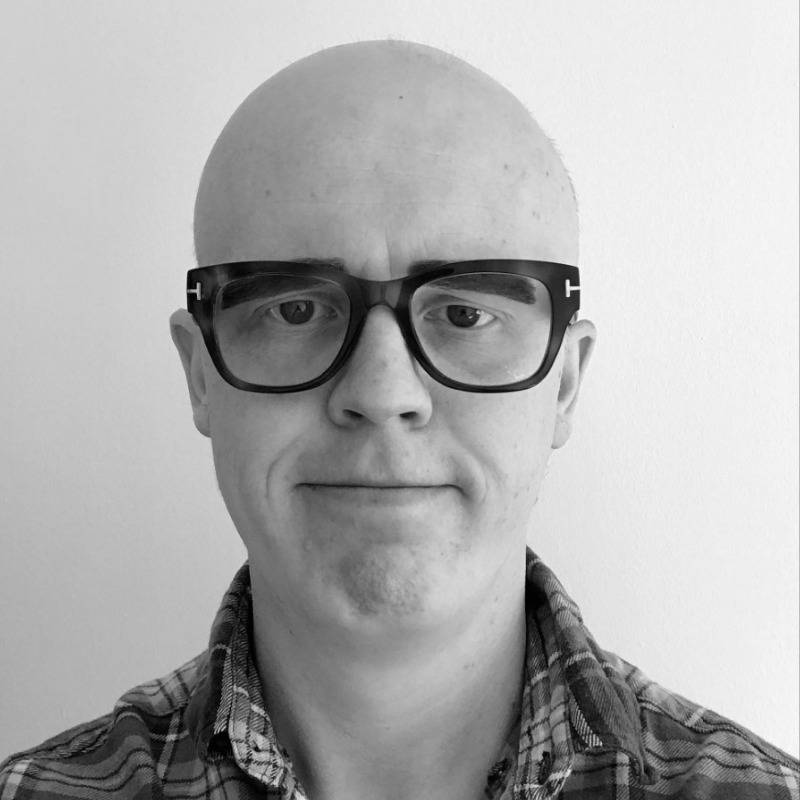From Computing… to Digital Investigations
23/10/2023

The Digital Element
Those in the field of digital forensics are often tasked with examining digital devices and their data as part of any alleged incident. It is estimated that more than 90% of reported crime now has a digital element (UK statistics), and those involved in criminal investigations must now be able to understand the role that any technology has played. The role could range from a need to examine common device types like mobile phones and computers, to more bespoke technologies such as smart alarm systems and vehicle telematics.
Those in digital forensics are constantly tasked with learning how things work and often faced with the challenge of solving technology-orientated problems by exploring devices that they may have never seen or used before. With this in mind, just what skills do those seeking to enter this domain as a career need to have, and where do they come from?
Digital Traces
Those studying computer science and related technology and computing disciplines are very well positioned to succeed in the field of digital forensics and cyber investigation. The fundamental subjects covered in these syllabuses and the knowledge and skills that are subsequently acquired provide a solid foundation from which most digital forensic examinations are built.
All digital forensic examinations start with a need to determine how any technology subject to an investigation works and how any of its functionality and services operate in order to identify and interpret any digital traces left as a result of it being used. Those with underpinning knowledge of computing science principles and practices can begin to determine the inner workings of any technology or service and evaluate how this information can be used as part of any investigation.
Digital Detectives?
A digital forensic practitioner could be considered a ‘digital detective’ or ‘digital spy’, with a need for excellent investigative skills in order to seek to answer the ‘whos’, ‘whats’ ‘wheres’, ‘whens’ and ‘hows’ in relation to any given incident. To do this successfully, first requires strong computing and technology skills and knowledge, with those having undergraduate degrees in such fields very well placed to succeed in a career as a digital forensic practitioner.
Where can you expect to work?
If you do move into the digital forensic field, where can you expect to work? Whilst it may feel like working in policing environments is a natural pathway, it is far from the only one. The following is a list of potential organisations where digital forensic practitioners may, and do work:
- Health care providers.
- Government organisations.
- Social media companies.
- Private sector companies.
- TV/cable providers.
- Airlines.
- Supermarkets.
- Graduate schemes.
- Academic teaching, research and training.
- Law enforcement.
- Google, Apple, Facebook, Amazon, Microsoft.
- Visa.
- Warner Bros.
Funding Support:
If you’re interested in pursuing a Digital Forensics MSc with Cranfield University, the CCL Future of Digital Forensic Science Scholarship may be just what you need to start your journey.
Categories & Tags:
Leave a comment on this post:
You might also like…
Company codes – CUSIP, SEDOL, ISIN…. What do they mean and how can you use them in our Library resources?
As you use our many finance resources, you will probably notice unique company identifiers which may be codes or symbols. It is worth spending some time getting to know what these are and which resources ...
Supporting careers in defence through specialist education
As a materials engineer by background, I have always been drawn to fields where technical expertise directly shapes real‑world outcomes. Few sectors exemplify this better than defence. Engineering careers in defence sit at the ...
What being a woman in STEM means to me
STEM is both a way of thinking and a practical toolkit. It sharpens reasoning and equips us to turn ideas into solutions with measurable impact. For me, STEM has never been only about acquiring ...
A woman’s experience in environmental science within defence
When I stepped into the gates of the Defence Academy it was the 30th September 2019. I did not know at the time that this would be the beginning of a long journey as ...
Working on your group project? We can help!
When undertaking a group project, typically you'll need to investigate a topic, decide on a methodology for your investigation, gather and collate information and data, share your findings with each other, and then formally report ...
From passion to purpose: My journey at the Pinnacle of Aviation
By: Sultana Yassin Abdi MSc Air Transport Management, Current Student Born and raised in the vibrant landscape of the UAE, with roots stretching back to Somalia, my life has always been ...







